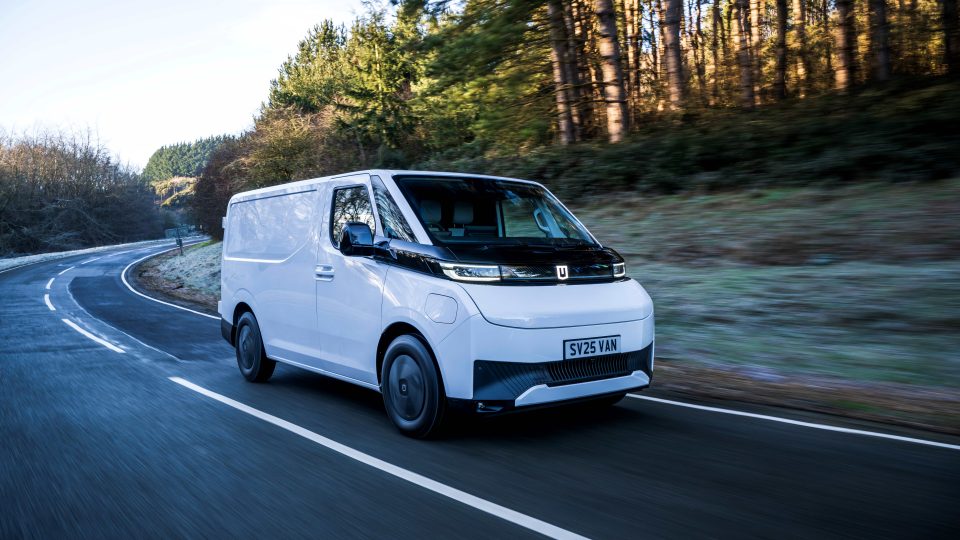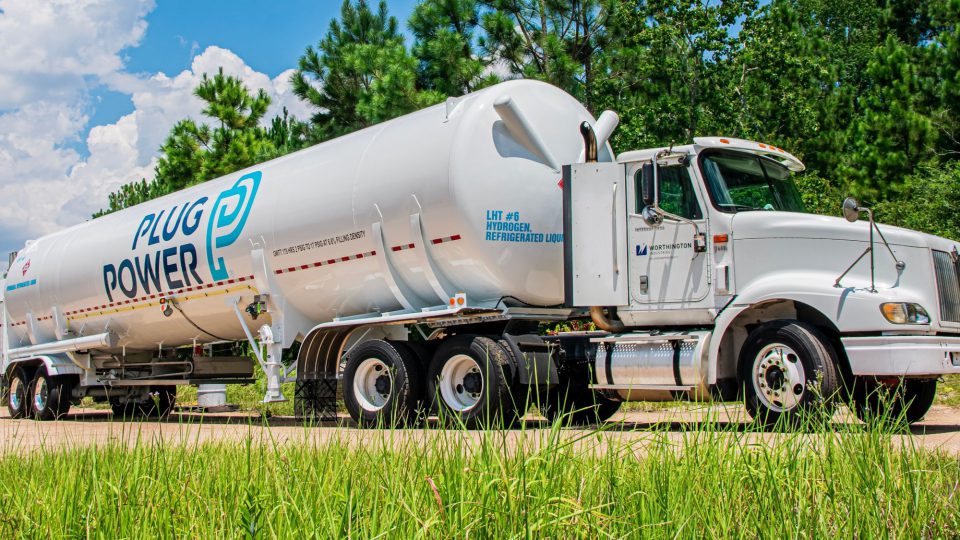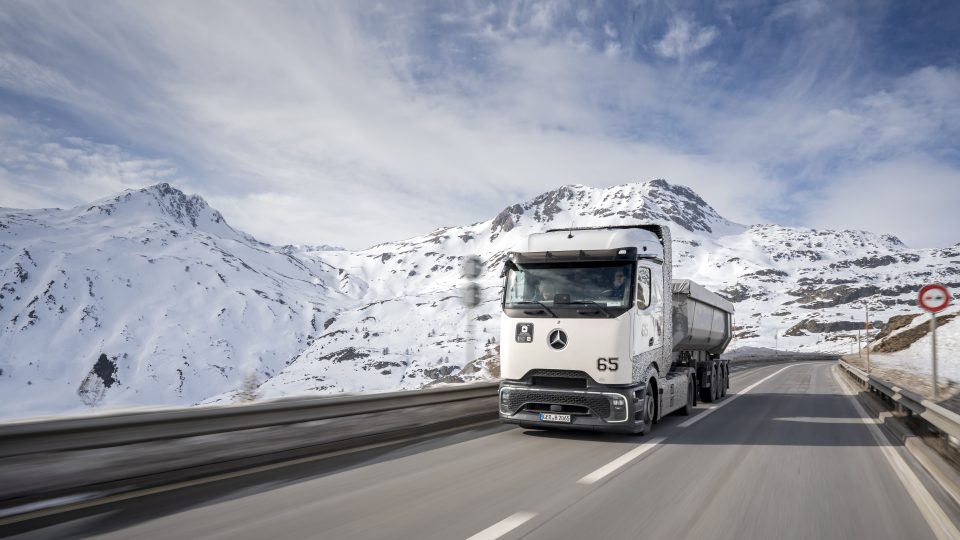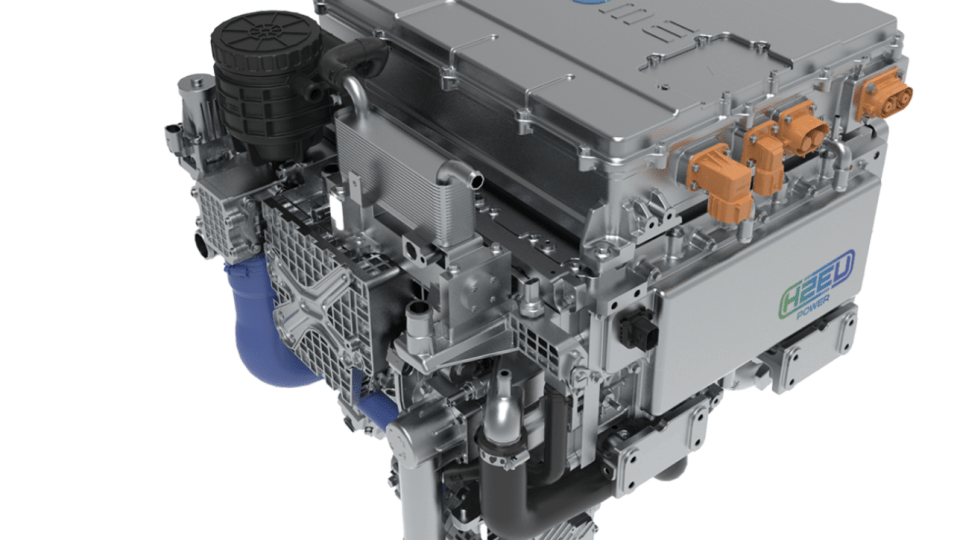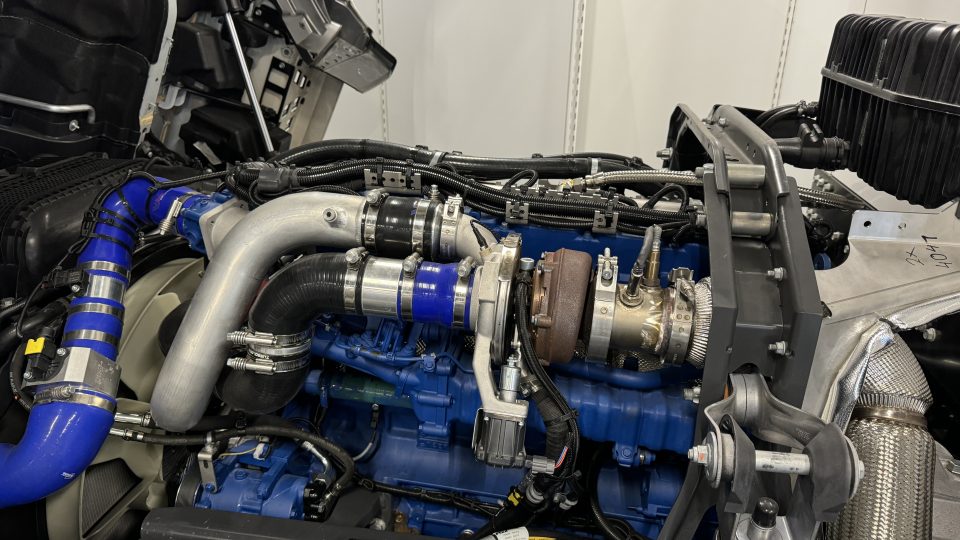Ford will test hydrogen-powered E-Transit for the next three years
The project is expected to establish if hydrogen fuel cell technology can deliver more zero-emission range to heavy-use E-Transit customers travelling high mileages, with maximum loads, ancillary equipment such as chillers and with limited charging opportunities in the working shift.
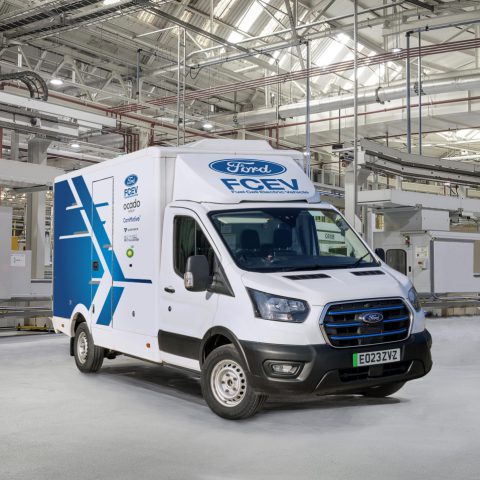
Ford announced a three-year time trial of the hydrogen-powered E-Transit van. The project is expected to establish if hydrogen fuel cell technology can deliver more zero-emission range to heavy-use E-Transit customers travelling high mileages, with maximum loads, ancillary equipment such as chillers and with limited charging opportunities in the working shift.
Ford Pro, the company’s commercial vehicle and services division, will use the pilot to expand its conversion expertise, supported by engineers and E-Transit specialists from Dagenham and the company’s nearby Dunton Technical Centre, in Essex.
Ford E-Transit powered by hydrogen fuel cells
Ford’s hydrogen fuel cell E-Transit project with the Advanced Propulsion Centre (APC) will validate the vehicle’s business case by linking Ford expertise as 57-year UK van market leader with fuel cell powertrain experts and fleet operators including Ocado Retail. Other partners on the project are bp, capturing hydrogen usage and infrastructure requirements; Cambustion, testing the fuel cell system; Viritech, designing hydrogen storage systems; and Cygnet Texkimp, providing the pressure vessels’ carbon fibre tooling.
A low-volume test fleet of eight fuel cell Ford E-Transits will run for six-month periods over the three-year project to 2025. Test fleet data will provide insights into the total cost of owning and operating a large van, with increased range and operating hours to match its diesel-powered equivalent and without the need to charge.





